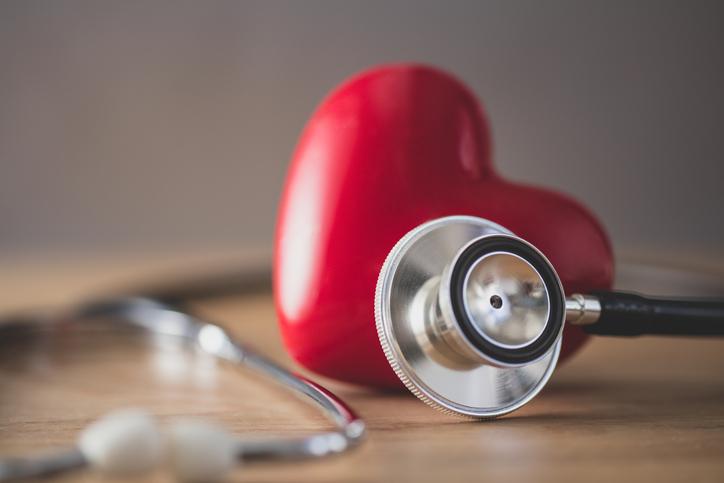6 мая 2022
Anemia and Vitamin B12


6 мая 2022
Anemia and Vitamin B12
## What is B12?
One possible cause of anemia is a deficiency of vitamin B12, which is necessary for the normal life cycle of all blood cells (red blood cells, white blood cells, platelets). With anemia associated with vitamin B12, deficiency symptoms are not as pronounced. For a long time, the person can write off unpleasant feelings as diseases of the stomach, intestines, or general fatigue. If you take a general blood test, your doctor will note a drop in platelet and white blood cell counts.
## Where is B12 found?
This vitamin comes into the body ===with proteins — both plant and animal. However, it is more than a B12 deficiency in the daily diet that leads to the development of anemia. For example, in chronic gastritis, incoming proteins are poorly digested, which causes constipation or diarrhea, flatulence, and heaviness in the stomach immediately after a meal. Pancreas also affects the absorption of B12: if it works with an excess or deficiency, the vitamin coming with food is destroyed as it doesn’t have time to perform its function.
People with celiac disease should be particularly careful to monitor their B12 levels, but as a rule, such patients are aware of this and do not trigger the situation.
## Who should be careful?
The risk group includes people aged 60 and over, as well as young children whose parents often tell the doctor about their child’s lethargy, reduced growth rate, and cognitive functions. However, B12 deficiency can happen to anyone. Symptoms of anemia appear gradually. At first, a person begins to get tired quickly, gets irritated over nothing, looks pale, and feels weak. In more severe cases, nerve damage may occur, leading to a tingling sensation, loss of sensation, impaired gait, and dizziness.
> The standard vitamin B12 blood level in an adult is 189-833 pg/mL.
## What to do
It is best to start with a general practitioner if you suspect anemia. Self-treatment of anemia will not do any good. As a rule, it starts with the correction of diet: 50 g of protein should be consumed every day. In addition, the person may be prescribed vitamin B12 supplements in tablets, or in injections for severe cases. As a rule, the level of B12 is quickly restored, but with problems with protein absorption, it is likely necessary to take the vitamin on a permanent basis.













